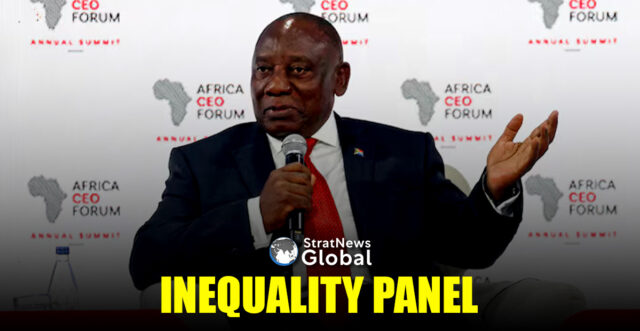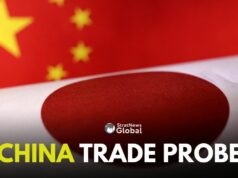South African President Cyril Ramaphosa on Thursday unveiled a first-of-its-kind G20 expert taskforce to study global wealth inequality and its effects on economic growth, poverty, and multilateral cooperation.
The six-member taskforce, chaired by Nobel Economics Prize laureate Joseph Stiglitz, is expected to present its findings to G20 leaders due to convene in Johannesburg in November.
South Africa has sought to use its Group of 20 presidency this year to highlight issues affecting poorer nations, including rising inequality and sovereign debt burdens.
‘A Practical Way Forward’
“South Africa’s G20 presidency today is proud to launch an initiative that will target this issue of global wealth inequality – a first for the G20 – and offer a practical way forward,” Ramaphosa said in a statement.
He said people globally were aware of how inequality undermines dignity and the chance for a better future, citing unfair vaccine distribution during the COVID-19 pandemic as an example.
“They see the impacts of rising food and energy prices, of debt, of trade wars, all driving this growing gap between the rich and the rest of the world, undermining progress and economic dynamism,” Ramaphosa added. “A new oligarchy in our global economy is becoming apparent.”
Inequality, Always A Choice
Stiglitz said the taskforce’s goal is to turn public frustration over inequality into actionable policy proposals for G20 leaders.
“Inequality was always a choice – and G20 nations have the power to choose a different path on a range of economic and social policies,” Stiglitz said.
According to the World Inequality Report, the poorest half of the world’s population owned just 2% of global wealth in 2021 while the richest 10% controlled 76% of it.
The taskforce includes other prominent figures such as UNAIDS Executive Director Winnie Byanyima and Jayati Ghosh, a development economist and professor at the University of Massachusetts Amherst.
US To Lead
The United States is set to take over the rotating G20 presidency at the end of this year.
The G20 was founded to coordinate financial policy after the Asian financial crisis of the late 1990s, before expanding to state leaders during the 2008 global financial crisis.
(With inputs from Reuters)





